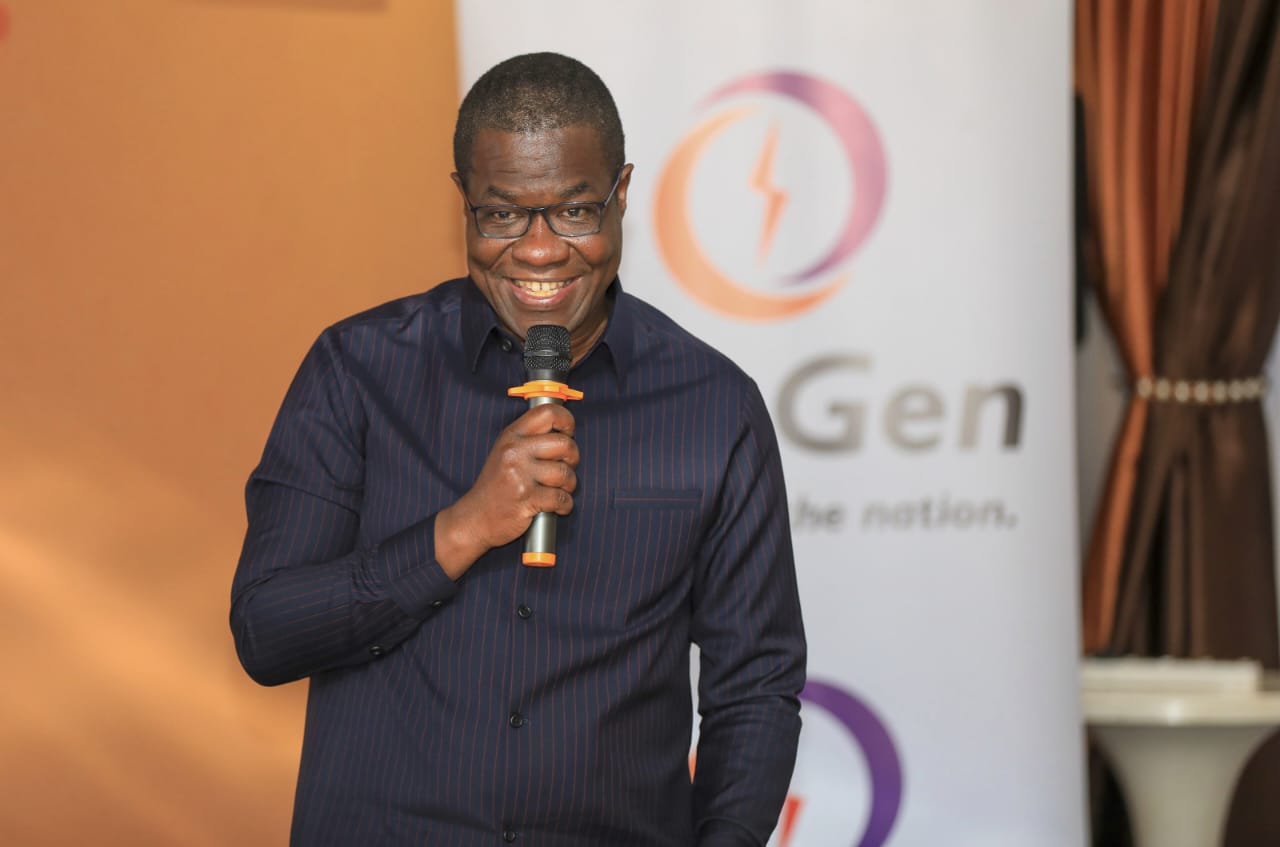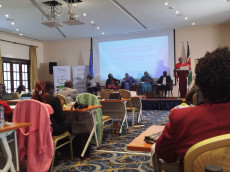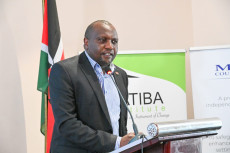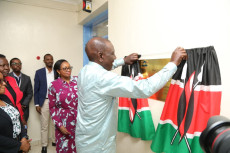- Manufacturers and power consumers will have to be more patient to learn the fate of their power bills following the controversial Ksh 96 billion power deal between Adani Energy Limited and the Kenyan government.
Manufacturers and power consumers will have to be more patient to learn the fate of their power bills following the controversial Ksh 96 billion power deal between Adani Energy Limited and the Kenyan government.
The deal signed between the company and the Kenya Electricity Transmission Company (KETRACO) on October 11, 2024, will give Adani the power to develop, finance, operate, and maintain critical transmission lines and substations across the country.
Higher electrical tariffs are expected to recoup the money invested. According to KETRACO managing director John Mativo, electric tariffs cannot be determined until the negotiations concerning the Annual Revenue Required (AAR) are finalized.
AAR is the annual revenue required to cover the project's cost; the Energy Petroleum and Regulatory Authority (EPRA) considers it a key consideration when determining electricity tariffs.
In a statement published by Ketraco on October 15, 2024, the annual AAR is estimated at Ksh 21 Billion; this is said to increase the cost of power tariffs more than any other power plan in the country.
Read More
Additionally, KETRACO, in its statement, negotiated the total cost of the project from the initial Ksh 130 billion to the current Ksh 96 billion, reducing the cost by 27%.
Adani is expected to negotiate with international development finance institutions to acquire cheaper loans with one-digit interest rates. Using debt and other finances, Adani is expected to maintain the 208.73 kilometers 400 kilovolts Gilgil—Malaa—Konzaa and 95 km 200kv Rongai—Kirenget_ Chemosit, among other projects.
However, most Kenyans have criticized the deal, citing its lack of transparency and fairness. The government has been urged to consider alternative options that may benefit Kenyans. The following are some of the reactions of Kenyans from X:
@DehMao
You are sharing after signing the deal? We can fund our own projects with the 25B we raise EVERY WEEK from bonds without being enslaved under foreigners for 30 years 104B = just 4 weeks bonds.
@GWAITARA
You will not mortgage our country for the selected few to earn hefty kickbacks while subjecting citizens/ future generations to crippling debts. Why go for single-sourcing?, Restricted tendering and not open competitive tendering to get the best possible deal?
The Energy and Petroleum Cabinet Secretary Opiyo Wandayi dismissed the claims surrounding the deal, emphasizing that the goal is to eliminate power blackouts by eliminating outdated power transmission lines and stations. He also disclosed that the agreement will take 30 years, during which the money will be recouped through tariffs.
“Kenyans are well aware of the significant challenges our country faces with persistent power blackouts. These projects are designed to significantly enhance our national electricity infrastructure, ensuring reliable and widespread access to power that will support Kenya’s growing economy and development goals,” Wandayi remarked.












